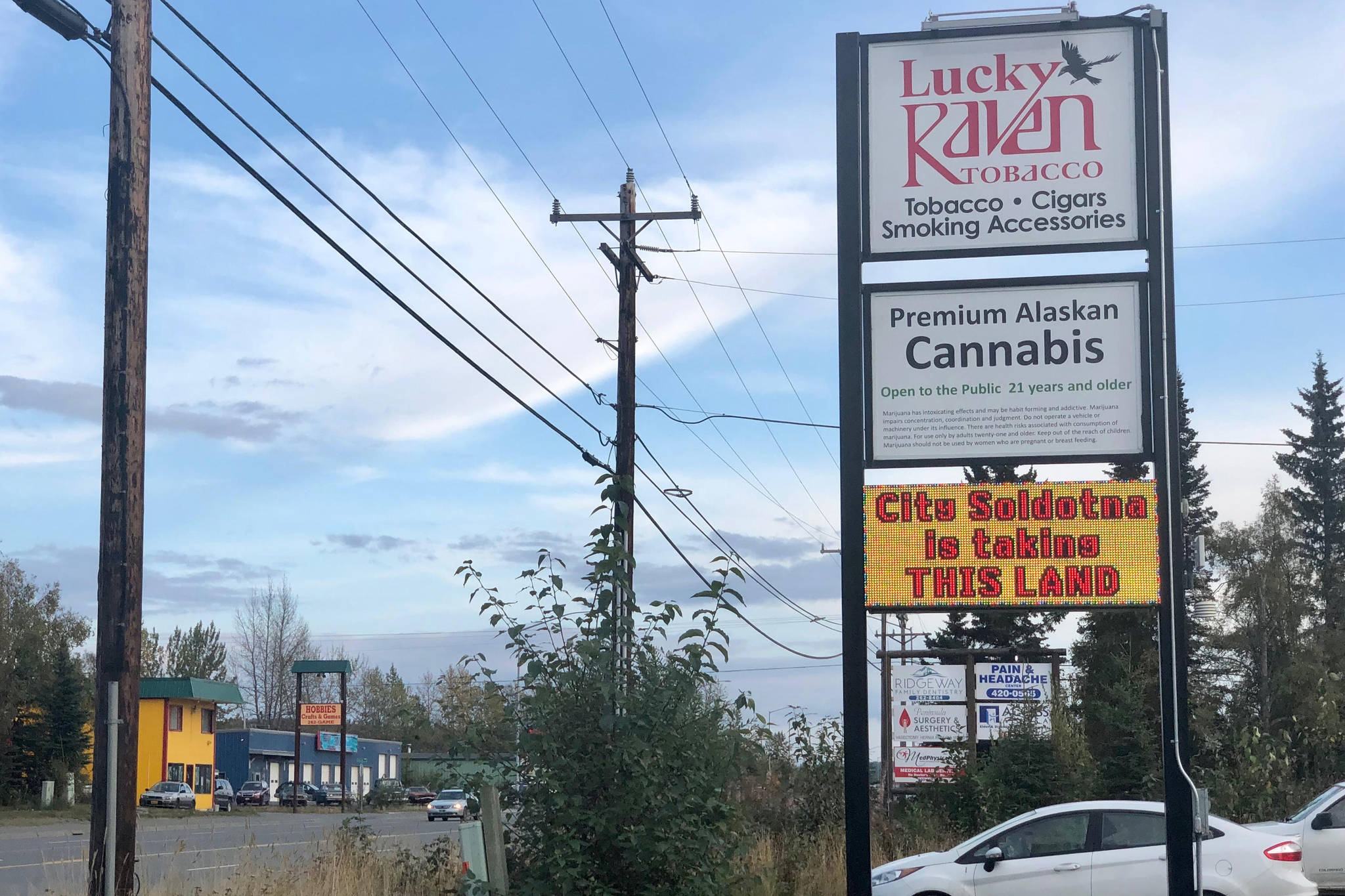Alaska’s Local Boundary Decision voted Thursday to amend the City of Soldotna’s annexation petition from legislative review to local option, meaning that residents of Soldotna and the proposed territory for annexation will now have the final say on whether the annexation goes through.
The LBC’s decisional meeting lasted just over three hours on Thursday and ended with a 3-2 vote in favor of amending the petition, and a 3-2 vote to approve the petition as amended.
Commissioners Lance Roberts, Kenneth Gallahorn and Clayton Trotter voted in favor of amending the petition and in favor of approving the petition as amended. Roberts was the commissioner who initially introduced the amendment at the first decisional meeting on Aug. 5.
Commissioners Larry Wood and John Harrington voted against the amendment and against the amended petition.
Jedidiah Smith, staff member for the Local Boundary Commission, told the Clarion after the meeting that this is the first time the Local Boundary Commission has voted to change an annexation petition from legislative review to local option. Legislative review means that the State Legislature reviews and votes on any annexation proposals during regular session approved and submitted by the LBC. Local option means that the decision is put onto a ballot for residents of the petitioning municipality — in this case, the City of Soldotna — and the residents of the area that would be annexed.
Smith did point to an inverse situation in the LBC’s history, where the commission converted a petition by the City of Dillingham from local option to legislative review after a local Superior Court judge determined that there were not enough registered voters in the areas of Nushagak Bay to warrant a vote by local option.
The City of Soldotna as well as Wood and Harrington made similar arguments against converting this petition to local option. In a letter to the LBC submitted after Roberts introduced the motion to amend the petition, City Manager Stephanie Queen argued that there are an estimated 140 registered voters in the areas proposed for annexation, and several of the “study areas” included in the annexation are unpopulated. Queen was not immediately available for comment following Thursday’s meeting.
Wood said during Thursday’s meeting that, assuming a 20% turnout for this election, fewer than 40 people could potentially make a decision that Wood argued should be made on the state level, as with previous annexation decisions.
Wood and Harrington also stated that the LBC has never converted a petition in this way and warned against the precedent it would set for future annexation decisions.
“It’s not balancing to let 140 voters make the decision on behalf of thousands of Soldotna residents,” Wood said. “The legislative review process is meant to prevent small, self-interested groups from stopping decisions that would benefit the state as a whole.”
Roberts and Gallahorn argued that the ability for the LBC to convert a petition to local option is enshrined in the constitution, and that there was a first time for everything.
“It’s a tool we can use,” Gallahorn said. “‘Because it’s never been done’ is not a good enough excuse to vote against (the local option). And in my personal opinion, respecting the will of the people by putting it to a vote is a huge benefit to the state.”
Smith is drafting the final written decision based on Thursday’s vote, which the LBC will vote to approve on Nov. 25. Harrington is writing the dissenting opinion. Following the meeting on Nov. 25, the City of Soldotna will have 18 days to file a motion for the LBC to reconsider the petition, Smith said. The City of Soldotna will also be responsible for holding two elections for the petition: One for Soldotna residents and one for residents of the area proposed for annexation. A majority of voters in both elections must approve the petition in order for it to pass.
Reach reporter Brian Mazurek at bmazurek@peninsulaclarion.com.

